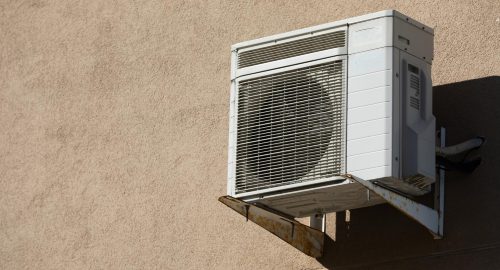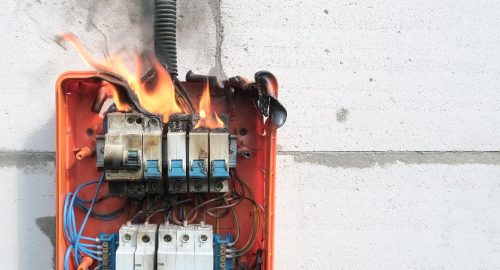We may be coming up on the home stretch, but the cooling season isn’t done yet. Our air conditioners have been working hard over the last few months, so we want to make sure they’re prepared to finish the season strong. Read on to learn about avoiding common late-summer HVAC issues.
Dirty, Clogged Air Filter
Air filters keep dust and other debris from entering and harming your system. As these particles build up over time, the filter becomes clogged and can restrict air flow, resulting in decreased efficiency and insufficient cooling. Remember to change (or clean if re-usable) your air filter once a month.
Obstructions Near Outdoor Condenser Unit
Your air conditioner’s condenser unit needs to be clear of obstructions so it can properly release heat and maintain efficiency. While you should check the unit regularly and remove any potential blockages, look extra closely for any branches, leaves, grass clippings, and any other obstructions that may have gathered over the summer months.
Blocked and/or Dirty Vents
Properly sized HVAC systems are designed to heat or cool the entire home evenly. Blocked or clogged vents throw the system off balance, decrease efficiency, and can often lead to hot or cold spots and overheating issues. Take a look around the home and make sure vents or registers aren’t blocked by furniture, boxes or bags, or any other items. Also, clean any dust and other debris with a vacuum; to get between the grills, put a rag over a butter knife and scrub lightly.
Broken Fan Motor
Fan motors experience a lot of wear and tear over the summer and are often the first component to break down, which ultimately means no cool air gets pushed out to the home. Common warning signs of a fan motor issue include:
- Rattling, humming, or buzzing noises from the condenser when the unit is turned on
- The fan won’t stop, even when the unit is turned off (or worse, won’t start when it’s turned on)
- Fan blades rotate slowly when turned on
- A/C cuts out periodically while running
- Squealing noises when the unit is on (likely due to a faulty fan motor belt)
Pay close attention to these warning signs and catch issues early. If you suspect a faulty fan motor, contact your local HVAC technician right away to prevent a complete breakdown.
Low Refrigerant
Refrigerant plays a central role in changing hot air to cold air that’s distributed throughout the home, but it doesn’t do so infinitely. Low levels of refrigerant can cause insufficient cooling, gurgling sounds, and ice on the condenser’s evaporating coils. However, it’s not as easy as simply adding new refrigerant and should be done by an HVAC professional. This is a common part of annual preventative maintenance, which should be done before each season.
As we enter the month of August, we may see the end of the cooling season on the horizon, but we can expect plenty of hot days before then. Even once we’re through the dog days of summer, we all know how much Minnesota weather loves to surprise us. Remember these tips for recognizing and avoiding common late-summer HVAC issues to stay prepared.
If you need HVAC repairs or new system installation, trust the heating and cooling experts at Stafford Home Service Inc. Our Safety and Efficiency Agreements program includes an exclusive, annual precision tune-up from our experienced technicians as well as priority service scheduling should something unexpected occur.
Contact us for more information or to request service.








